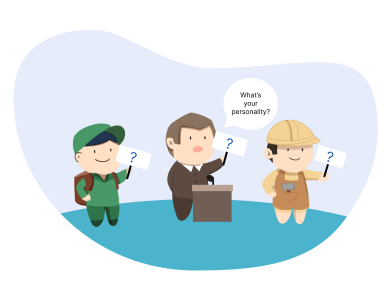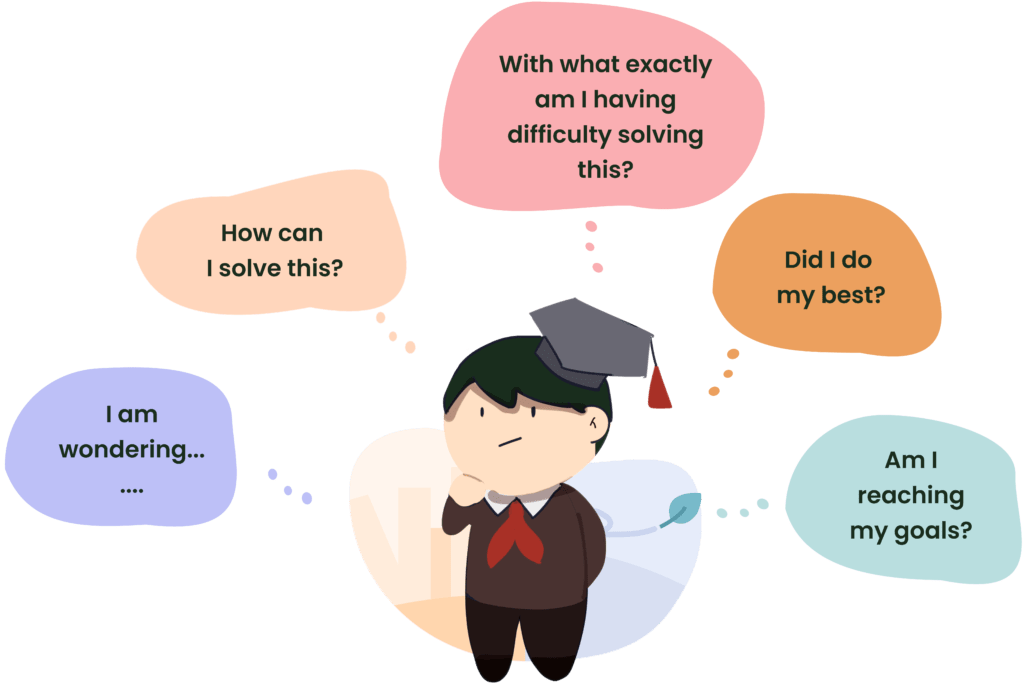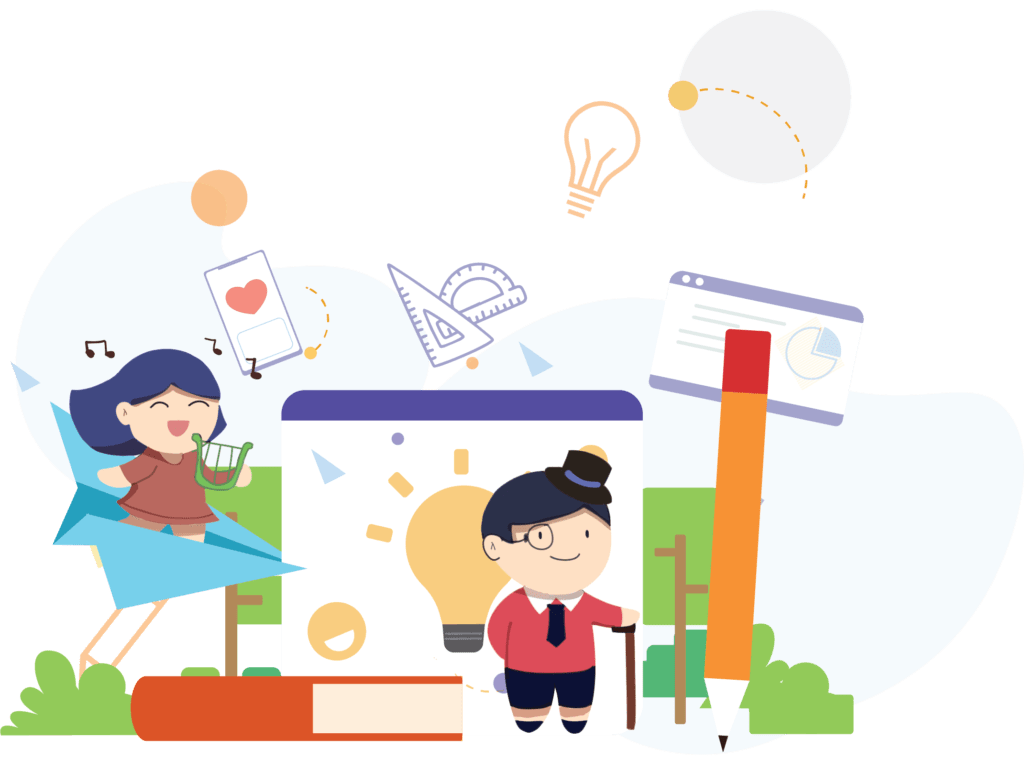
- GRIP Learning's Team
Jung's theory of personality types was one of the first to look at the difference between extraversion and introversion as a way to describe how people react to and interact with the outside world.
Metacognition is the ability to reflect on one’s own cognitive processes and the ability to think about and change your own thought processes. A big part of metacognition is being aware of yourself as a learner and being able to evaluate your own learning style and figure out where you could improve. Also, being able to understand and control how you learn makes it easier to put what you’ve learned into practice and use your skills to take on new challenges. Insight into one’s own learning style is a skill that can help people succeed.
Possessing both self-awareness and cognitive self-regulation is necessary for metacognition. Knowledge and regulation have been pointed out as the two factors:
It is a person’s ability to utilize different strategies when challenges arise or when solving a problem. They know how, why, and when to use it.
It is also a knowledge where they are aware of their strengths and weaknesses; what they’re good at; what they’d do better if they worked on it; how much they know already; what time of day they study best; and what kind of environment they like best. Students who have a deeper understanding of how they learn perform better than those who don’t.
It is the ability to organize, track, and assess one’s own progress in learning. It is not a natural talent but a set of skills that can be learned to enable students to take control of their own education. By learning this skill set, students can improve their learning outcomes because they can plan for and track their own progress toward certain learning outcomes.
Students who are able to better control their own learning tend to do better academically. When students do the self-reflection that is part of self-regulated learning, they get a clearer picture of how to approach their studies and make the best use of the materials they have.

Difficulties will always be present in one’s life, wherever it may be, whether it be a classroom, institution, or office. Being metacognitive aware will help people overcome those challenges since they already know what their strengths and weaknesses are, what strategies to make or how to monitor and evaluate themselves. It will become easier for them to face these setbacks.
Having metacognitive skills will help students and individuals easily analyze their problems and think of solutions. For example, Reign and Mark will have a speech performance in school next week. They are both unsure of their capabilities when speaking in public. Since Reign is metacognitively aware, she exerts time and effort, plans her steps, and thinks of strategies that can help her have a better performance. While Mark thinks it is really hard and thinks he can make it, he just sleeps and ignores his speech performance. Due to the planning and preparation of Reign for her performance, she had a performance that she never imagined.
Ignoring challenges might be easy, but you can never ignore them forever. This is why cultivating self-awareness of one’s own cognitive processes is important. These abilities will allow us to formulate plans for conquering challenges.
Several studies have also indicated that people with well-developed metacognition are more capable of discovering solutions to challenging problems. They have enhanced their abilities in making decisions and providing important insight. Moreover, they have the desire and determination to learn. They also have a greater chance of being able to control their feelings.
Based on research, educating people on how to improve their own learning is among the most productive ways to help with their educational success. Here are some practices that help to develop metacognition:
1. Set Goals – Setting both short-term and long-term goals, emphasizing skill development, and planning for possible barriers are all additional ways to achieve success. If you know what kinds of problems you might face, you’ll be better prepared to deal with them when they arise.
2. Reflect by asking yourself a question – Asking yourself a good question will surely force you to think carefully about the problem and how you can solve it. e.g., ” Did I do this task last time?” “What strategies work well for that task?”
3. Keep an eye on how you’re doing – Avoid finding out how well you did at the end. One important metacognitive skill is being able to keep track of your progress and assess your level of achievement on a regular basis.
4. Write a daily diary – Learners can improve their self-awareness and ability to think about how they think by writing a daily diary of their thoughts, feelings, and actions.
Possessing metacognitive skills gives you a special insight into your own mind and thought process. Here are the advantages of being metacognitively aware:
Able to solve problems more effectively – Having metacognitive skills helps you develop the most effective ideas and strategies for solving problems.
Improved self-awareness – Having a deeper understanding of yourself and, in particular, your unique way of thinking, will help you develop more effective methods for reaching your objectives. Gaining this perspective can help you expand your own horizons of understanding.
Potential for increased empathy – Through self-monitoring, you can become aware of your own emotional swings, brain processes, and the effort required to keep yourself happy and healthy. Understanding this makes it easier to empathize with those who are enduring similar challenges every day.
Enhances learning habits – By understanding how you learn, you gain more control over your academic progress. Furthermore, it strengthens your ability to self-regulate and control your own learning motivation.
One technique to guarantee that individuals are gaining knowledge is to teach them to reflect on their own learning processes. This will benefit individuals in the long run by enhancing their ability to bounce back from adversity, remember information, understand themselves and others, think effectively, and solve problems (Fay, 2022).
Fay, I. (2022, May 17). What are the benefits of metacognition for students? TimesMojo. Retrieved September 21, 2022, from https://www.timesmojo.com/what-are-the-benefits-of-metacognition-for-students/




